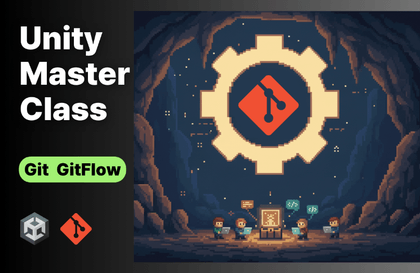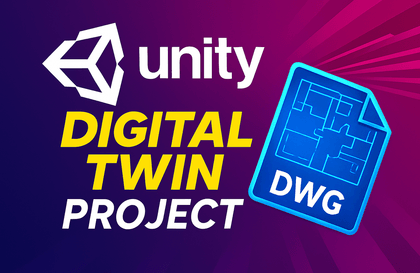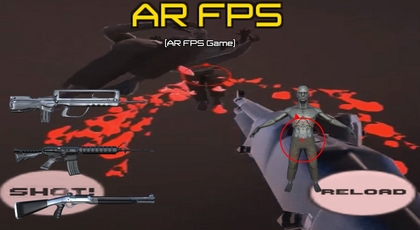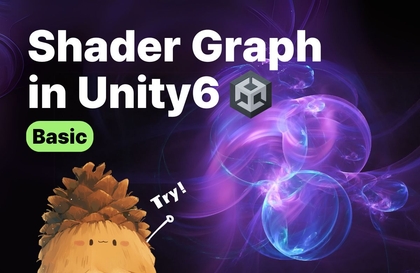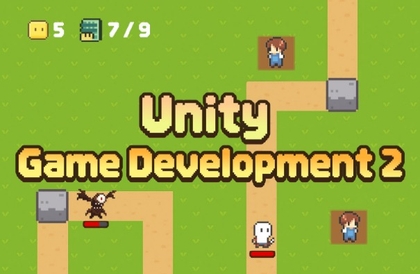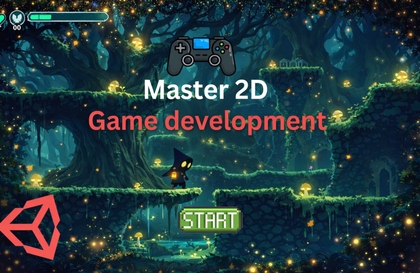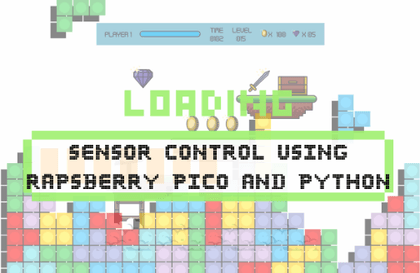This course is designed to help complete beginners overcome the most common challenges in game development: understanding Unity, learning C#, and knowing how to turn ideas into real, playable games.
Through years of teaching beginners, I have learned that students struggle most with complex explanations, disconnected theory, and lack of real practice. That’s why this course follows a clear, step-by-step, hands-on approach, where every concept is explained simply and immediately applied in real game projects.
Students will build full 2D games from scratch, learning how to create player movement, enemies, levels, UI systems, animations, audio, and complete game flows. By the end of the course, learners will not only understand how 2D games work but will confidently create and export their own games using Unity and C#.
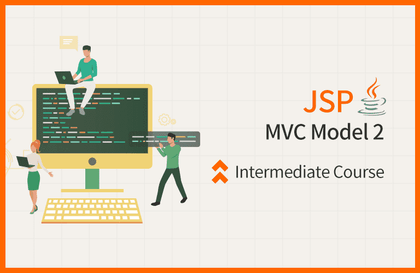





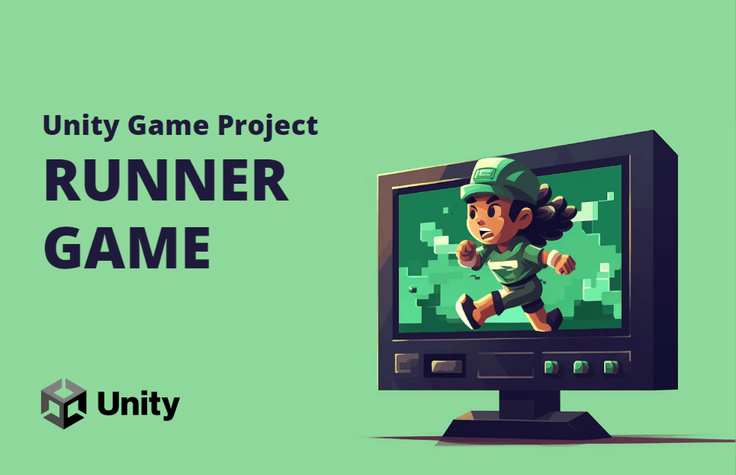
/builder/f33f05bb-388d-4609-bf73-c2b408065be7/1강_런게임개발 0교시.avi_000352500.png?w=960)
/builder/cedcee79-4c0a-4cd5-b55f-4da3ae0cd0ef/4강_씬관리클래스및 씬이동.mp4_001241033.png?w=960)
/builder/cafc8f1f-bedb-4a83-9d07-2281a5104592/5강_객체생성_물리및 스트립트연결.mp4_001418366.png?w=960)
/builder/a12fb604-503f-4f8c-87b9-25a97fb82897/8강_지형및 배경제작 스크롤1.mp4_001171766.png?w=960)
/builder/1f2c963b-82ec-470e-8df5-735745bd8d67/20강_데모제작최종_사운드추가.mp4_000674500.png?w=960)
/builder/5f5c4b9b-1af0-4e0c-b819-1cb754d14b16/22강_알파_모델링교체(주인공,동전).mp4_000991966.png?w=960)
/builder/71fa912d-f705-4492-b5cc-f989820bd34e/22강_알파_모델링교체(주인공,동전).mp4_000907666.png?w=960)
/builder/88ac14de-d860-4457-9c61-7a2fd81c8d18/27강알파버전마무리.mp4_000282333.png?w=960)
/builder/35ef6652-6fd2-4e14-acae-7e4d8e400be2/28강_베타_pause 구현.mp4_001047500.png?w=960)
/builder/d64c95f7-4bef-4d4a-bd9f-f75d8bb3d8d0/30강_베타_배경화면변경.mp4_000651600.png?w=960)
/builder/7275d408-deb2-410d-91d2-61c9e9e7ee83/31강베타_게임오버구현1.mp4_000566300.png?w=960)
/builder/5868817e-7ddf-491e-9a35-c7d3b0f27e76/32강_베타_오버구현.mp4_000962000.png?w=960)
/builder/748bda36-fa66-413d-859a-4db30121c2ad/34강_베타_앱종료_버그수정및 마무리.mp4_001516966.png?w=960)
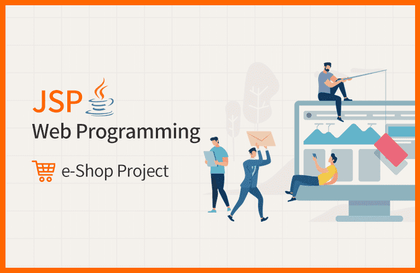
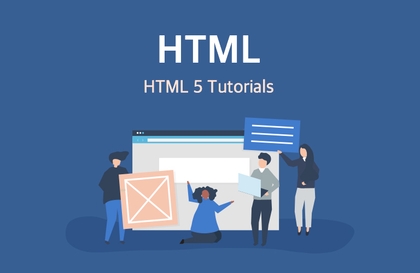
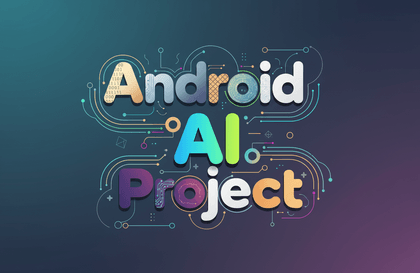
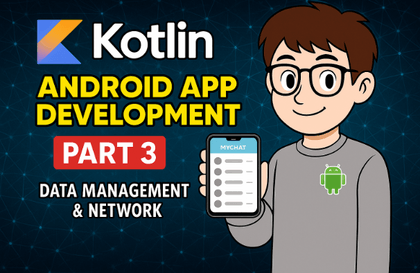
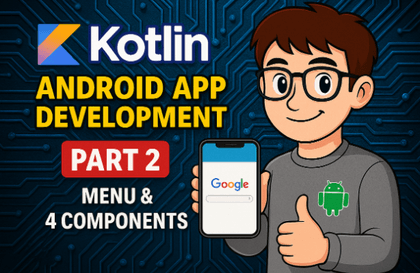
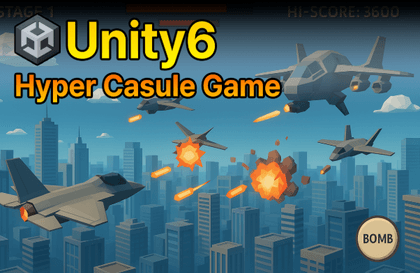
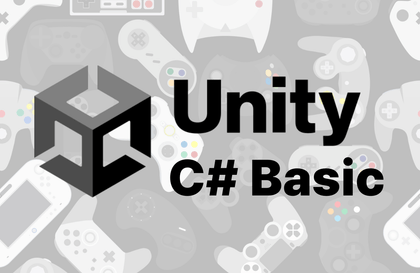
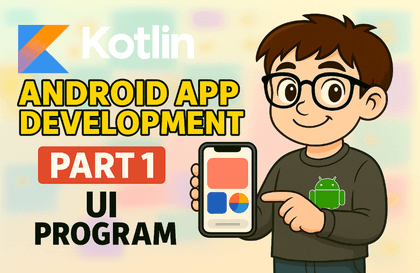
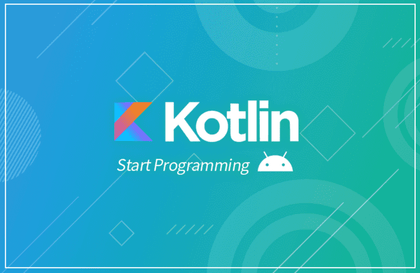
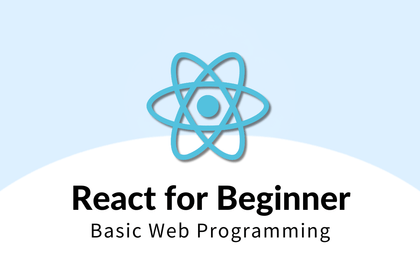
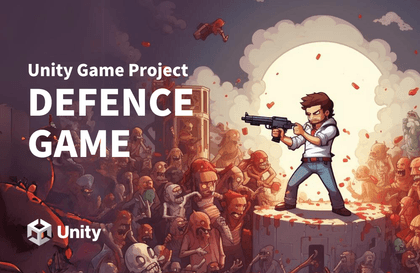
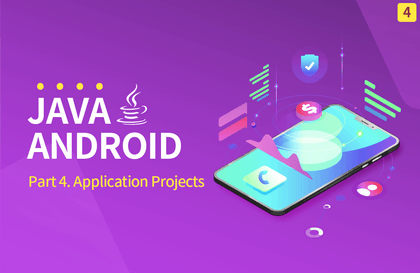
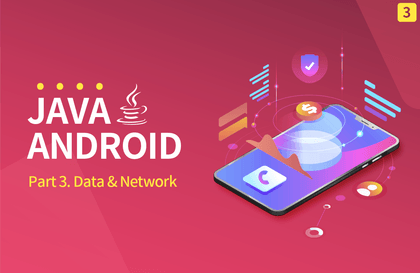
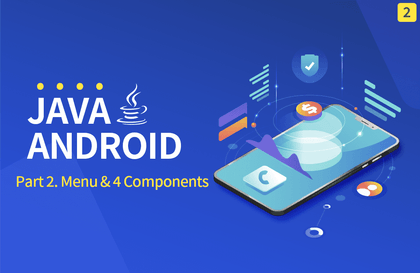
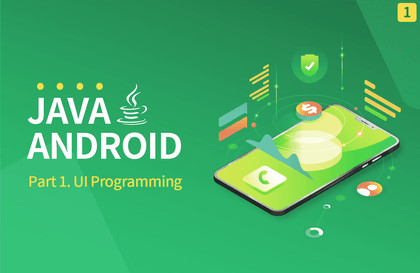
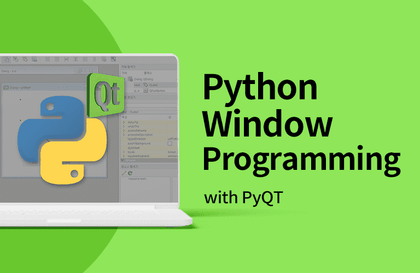
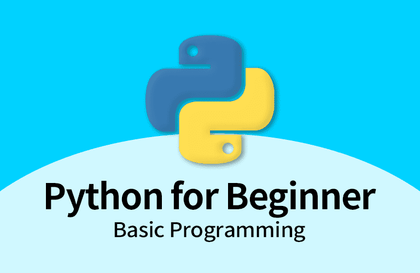
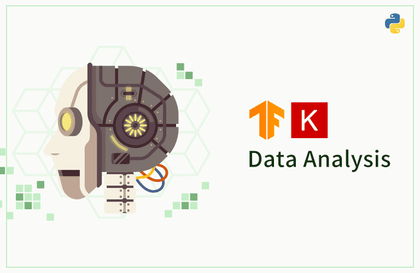
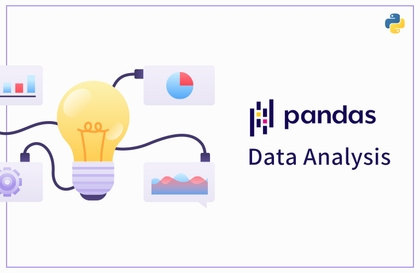
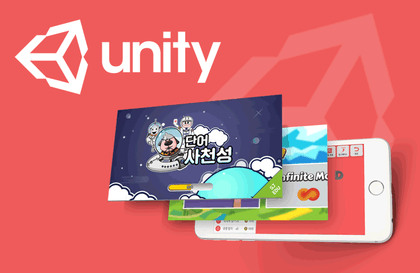
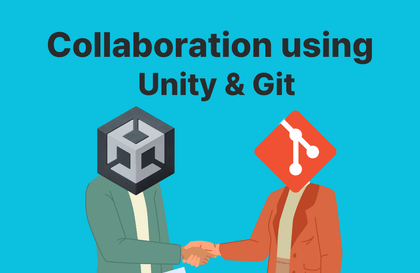
![[A Must-Know for Game Developers] Practical Game Mathematics강의 썸네일](https://cdn.inflearn.com/public/files/courses/339548/cover/ai/3/8b7a81f3-57e8-41fa-ae00-331f7672e104.png?w=420)
